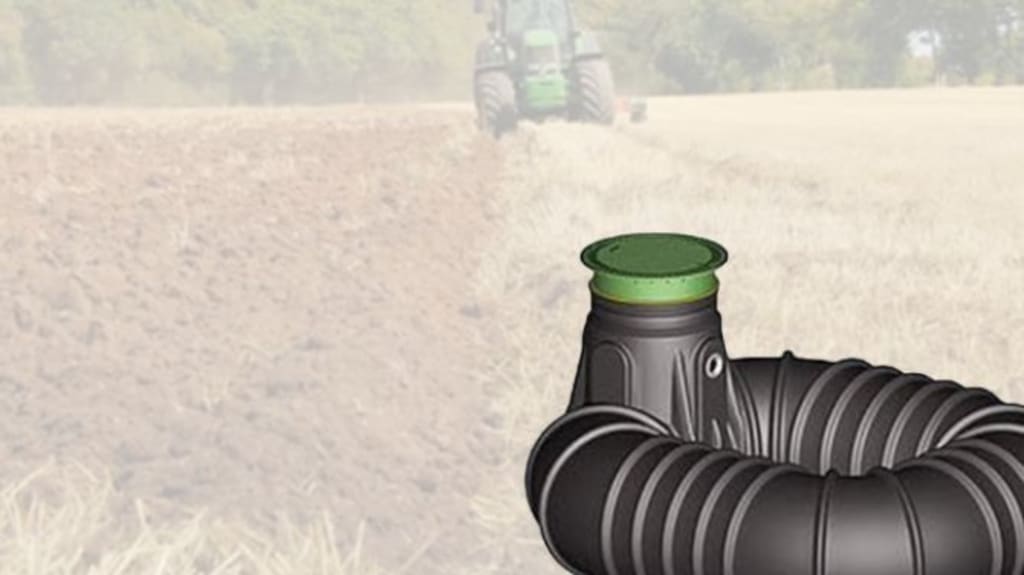Embracing Sustainability: Rainwater Harvesting Systems in Ireland
Rainwater Harvesting Systems Ireland - Tanks and Pumps

Introduction:
In an era where environmental consciousness is paramount, Ireland has been making significant strides towards sustainable practices. One such commendable initiative gaining popularity is the adoption of rainwater harvesting systems. These systems play a crucial role in water conservation, helping both homeowners and businesses reduce their environmental impact while also offering economic benefits.
Rainwater Harvesting in Ireland:
Ireland, known for its lush green landscapes and abundant rainfall, is ideally suited for rainwater harvesting. This practice involves collecting and storing rainwater for later use, thereby reducing reliance on mains water supply and promoting self-sufficiency.
Components of Rainwater Harvesting Systems:
Catchment Surface: The first component of a rainwater harvesting system is the catchment surface, typically the roof of a building. Rainwater is collected as it falls on this surface.
Gutters and Downpipes: Gutters and downpipes are essential for channeling rainwater from the catchment surface to the storage tank. Properly designed and maintained gutters ensure efficient collection and prevent debris from entering the system.
Storage Tanks: The collected rainwater is stored in tanks, which come in various sizes and materials. Tanks can be above-ground or underground, and their capacity depends on the intended use and the size of the catchment area.
Filtration System: To ensure the quality of stored rainwater, a filtration system is often integrated. This removes debris, leaves, and other contaminants, ensuring the water is suitable for its intended purposes.
Rainwater harvesting systems in Ireland have gained increasing attention and significance as a sustainable water management solution. Ireland, known for its abundant rainfall, provides an ideal environment for the implementation of rainwater harvesting systems.
Rainwater harvesting involves collecting and storing rainwater that falls on roofs and other surfaces, and then using it for various purposes, such as irrigation, flushing toilets, and even for domestic use. The practice helps reduce the demand on traditional water sources and can contribute to water conservation efforts.
In Ireland, where water resources are valuable and there is a growing awareness of environmental sustainability, rainwater harvesting systems play a crucial role. These systems typically include components like rooftop catchment systems, guttering, downpipes, storage tanks, and filtration systems.
One of the key advantages of rainwater harvesting in Ireland is the potential to alleviate pressure on municipal water supplies, particularly during dry spells or periods of increased water demand. By utilizing rainwater for non-potable purposes, households and businesses can contribute to water conservation and reduce their ecological footprint.
Additionally, rainwater harvesting systems align with Ireland's commitment to environmental sustainability and conservation. Implementing such systems can be seen as a proactive step towards achieving water efficiency goals and addressing water scarcity concerns.
Local regulations and incentives may also influence the adoption of rainwater harvesting systems in Ireland. Government initiatives or financial incentives could encourage individuals and businesses to invest in these systems, promoting a more widespread adoption of sustainable water practices.
Benefits of Rainwater Harvesting Systems in Ireland:
Water Conservation: Ireland experiences a significant amount of rainfall throughout the year. By harnessing rainwater, individuals and businesses can contribute to water conservation efforts and reduce the strain on mains water supplies.
Cost Savings: Rainwater harvesting can lead to substantial cost savings over time. By relying on collected rainwater for non-potable uses such as irrigation, flushing toilets, and washing vehicles, users can lower their water bills.
Environmental Impact: Decreasing reliance on mains water helps reduce the carbon footprint associated with water treatment and distribution. Rainwater harvesting is a sustainable solution that aligns with Ireland's commitment to environmental stewardship.
Resilience in Drought Conditions: In periods of drought, rainwater harvesting systems provide a valuable alternative water source. This increases resilience against water shortages, ensuring a continued water supply for essential needs.
Government Support and Initiatives:
The Irish government recognizes the importance of sustainable water management and has implemented initiatives to encourage the adoption of rainwater harvesting systems. Grants and incentives are available to support individuals and businesses in installing these systems, making the transition to sustainable water practices more accessible.
Conclusion:
Rainwater harvesting systems in Ireland represent a promising step towards sustainable living. As the nation strives to balance economic growth with environmental preservation, embracing such eco-friendly practices can lead to a more resilient and environmentally conscious future. By harnessing the abundant rainfall that graces the Irish landscape, individuals and businesses can contribute to a more sustainable and water-secure Ireland.





Comments
There are no comments for this story
Be the first to respond and start the conversation.